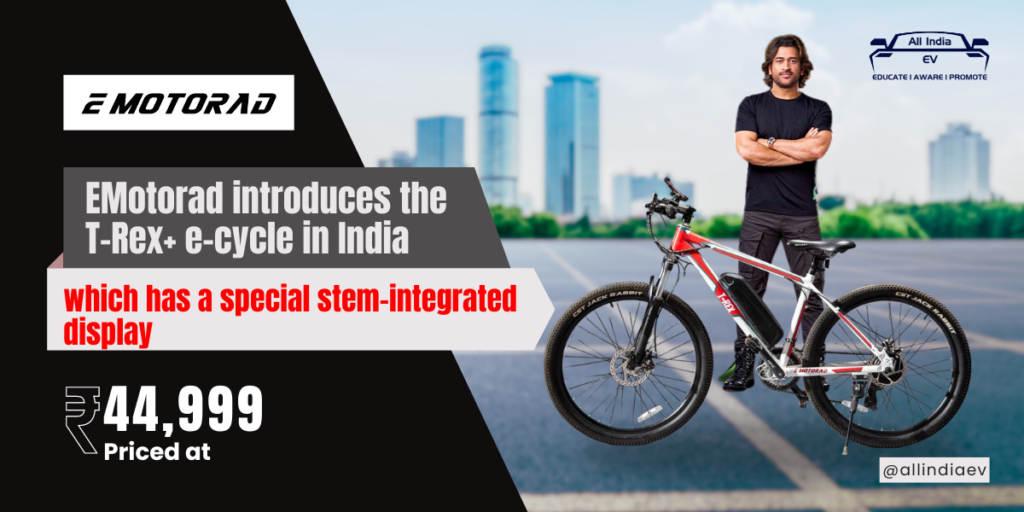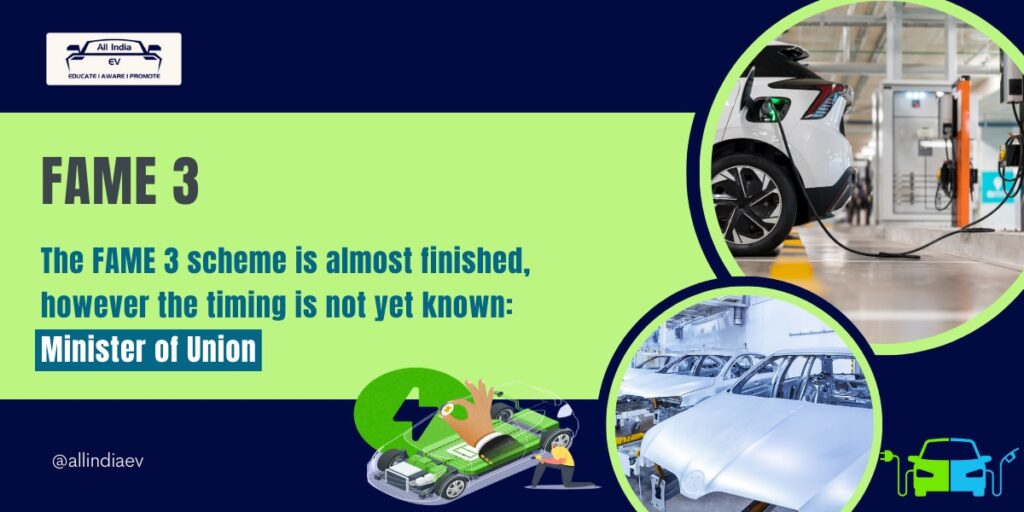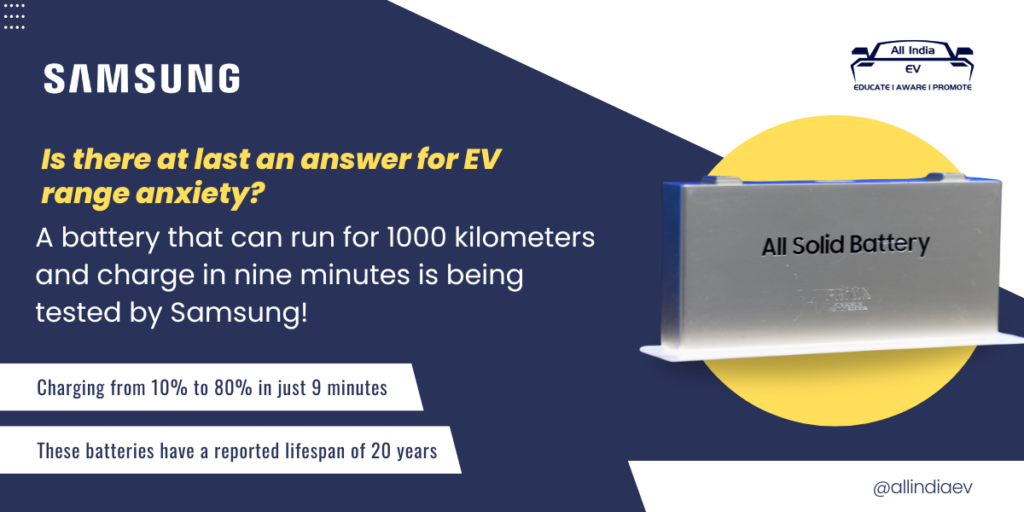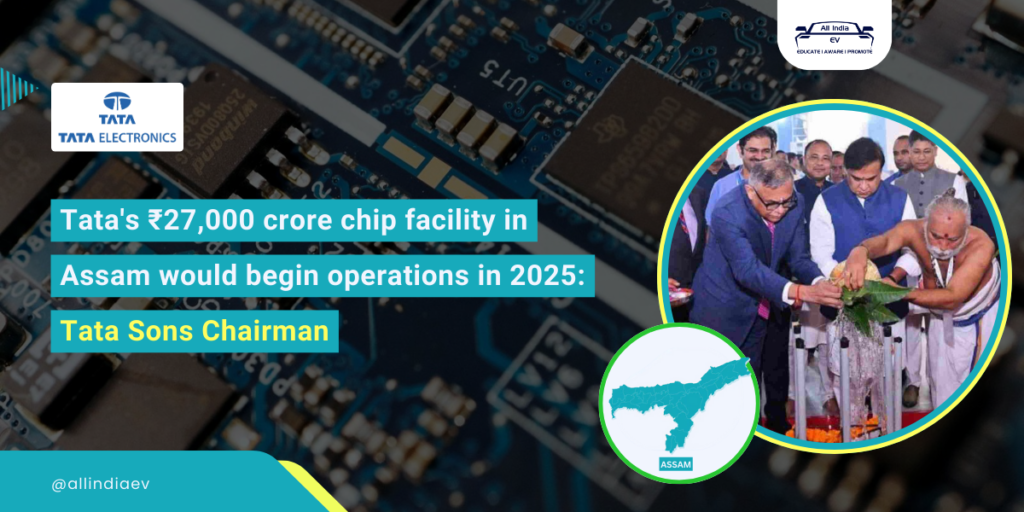Safety concerns over basement EV charging in Gujarat
Gujarat: Basement EV Charging Fears Rise Basement Charging: A Ticking Time Bomb in Gujarat’s EV Boom Gujarat’s aspirations to electrify transportation come up against a rather serious roadblock for basement parking safety. A recent spate of electric vehicle (EV) fires has thrust one of the potential dangers of charging vehicles in home garages into the limelight. “The risk of a fire in a basement, where vehicles are charged in close proximity, is particularly alarming,” warns a senior official from Ahmedabad Municipal Corporation. While the Gujarat State Electric Vehicle Policy 2021 encourages infrastructure for charging, the increasing incidents have now compelled authorities to rethink whether basement parking can be used for this very purpose. In view of the state’s continued march towards electric mobility, the safety of the charging facility is of prime importance. Basement Dangers and EV Fires: A Deadly Combination The tragic recent drowning of three students in a flooded basement in Delhi has made people remember inherently that these basements carry potential risks. Experts submitted that a combination of both circumstances, flooding and an electric vehicle fire, can be extremely dangerous. The city has already seen its share of EV-related incidents. In June, a fire gutted three BRTS buses which were under charging at Vastral depot in Ahmedabad. Another such incident was reported from Surat where an e-vehicle battery fire resulted in a cylinder explosion, killing one person. Both incidents have raised concerns over EV safety and risks in closed spaces like basements. Indeed, it was reported from Patan and Ahmedabad about the same EV fire during charging two years ago, which speaks volumes regarding how it is related to the same problem. Another incident of this nature was video-graphed and went viral in February 2022 from Surat. Central concerns are the concerns about the safety of charging of electric vehicles, especially in basements, that need to be addressed so as to avoid a fatality in the future with their rising popularity. Gujarat’s EV Charging Ambitions Amidst Safety Concerns Even as a spate of EV fires has cast a shadow over the safety of charging stations, Gujarat’s commitment towards augmenting its charging infrastructure has remained untouched. While basement charging stations are yet to be installed, some progress has been made by the state authorities in the open-area and government-building premises-based installations. The Ahmedabad Municipal Corporation (AMC) has been looking to expand charging infrastructure through public-private partnerships, yet private interest has been lukewarm. Only 27 of the 81 proposed sites have finally got investors. However, the AMC has declined to sanction basement charging stations in private societies or new buildings. This makes striking a balance between convenience and safety, therefore, even more vital when the state is trying to deal with EV adoption. Join All India EV Community Click here for more such EV Updates
Safety concerns over basement EV charging in Gujarat Read More »






